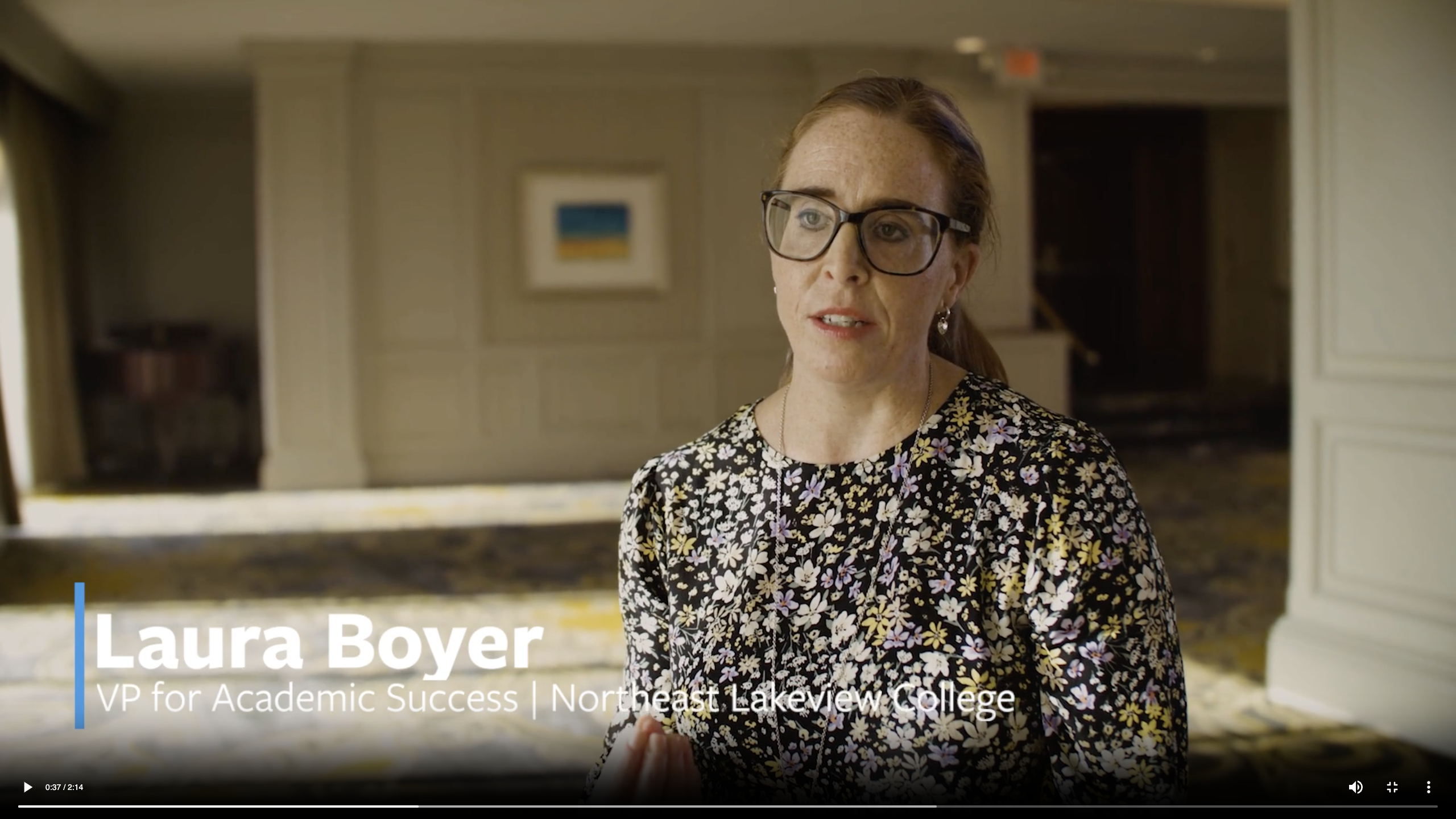AD ASTRA RESOURCES
Success Stories and Case Studies
Ad Astra partners with over 500 institutions to drive faster graduations, improve operational efficiency, and achieve equitable outcomes. See their success stories in action.

Ad Astra Success Stories
Our clients’ success speaks for itself. Explore inspiring case studies from institutions nationwide and see how Ad Astra’s solutions could transform your outcomes next.
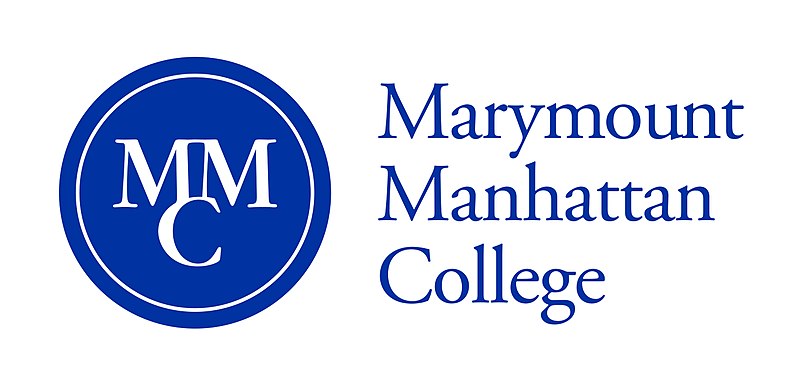
Marymount Manhattan College
Maximizing Manhattan’s Space: How Ad Astra Transformed Scheduling at MMC
Marymount Manhattan College overcame scheduling challenges with Ad Astra’s Academic Scheduling and Student Demand Forecasting tools. By optimizing space and reducing cancellations, MMC transformed its process into a data-driven success story.

Bossier Parrish Community College
Evolving from Efficient Scheduling to Effective Scheduling
Facing pandemic-related scheduling challenges, Bossier Parish Community College partnered with Ad Astra to implement student-centered solutions. The result? A 10.9% growth in fall enrollments and an 11.6% boost in the enrollment ratio, transforming scheduling into a key driver of success.

Metropolitan Community College
Effective Academic Course Scheduling at a Multi-Campus Institution
With five campuses and over 13,000 students, Metropolitan Community College relies on Ad Astra for student-centered scheduling. Drew Wilkerson, Associate Vice Chancellor for Academic Affairs, emphasizes that cross-campus coordination ensures efficient, conflict-free schedules that support on-time graduation.
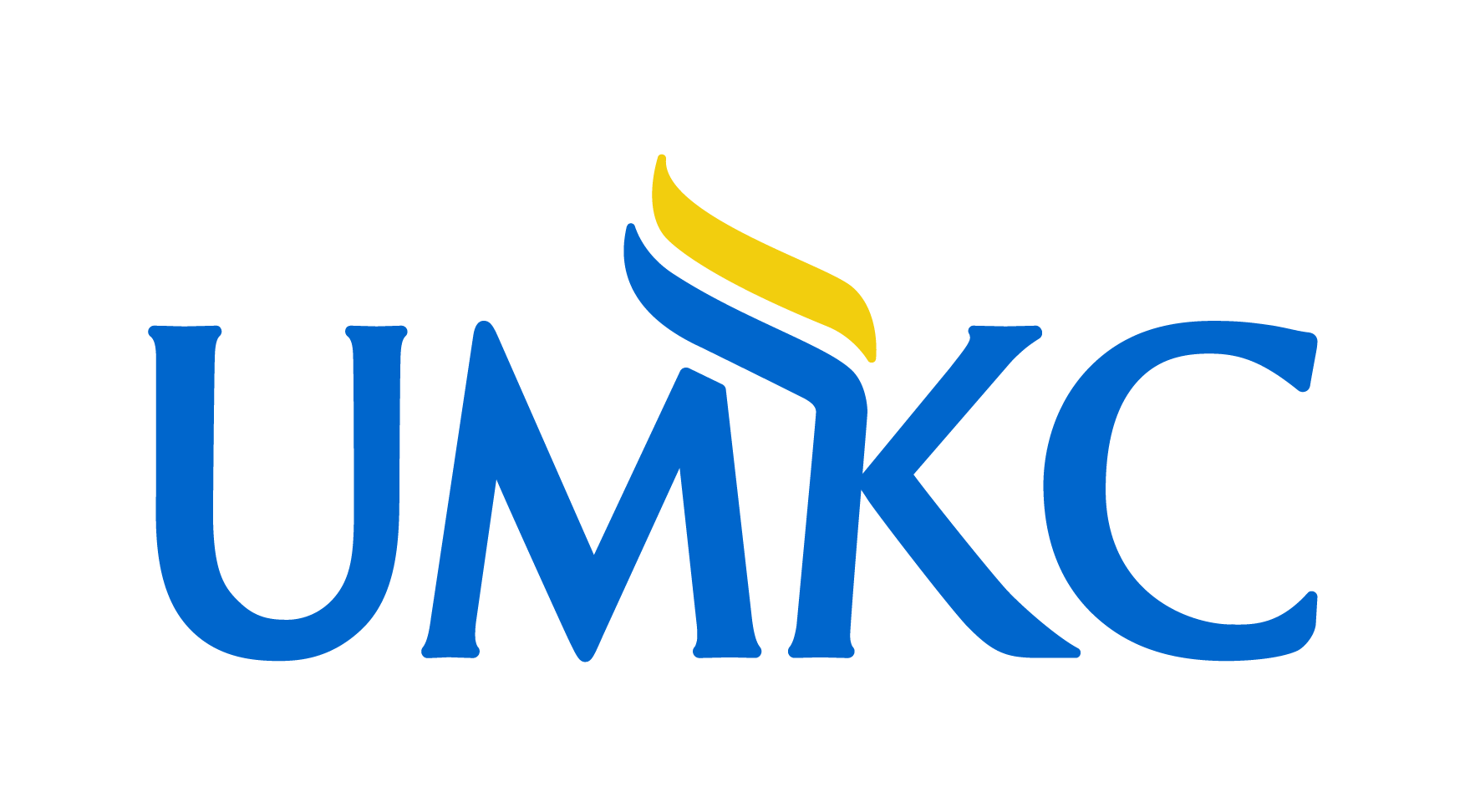
University of Missouri-Kansas City
Improving Student Success Through Smart Academic Course Scheduling
To support its diverse student population, the University of Missouri-Kansas City partnered with Ad Astra to optimize course scheduling. With more than 15,000 unique class sections efficiently scheduled each year, UMKC ensures students from all backgrounds can access the courses they need, when and how they need them, to graduate on time. Registrar Amy Cole highlights this commitment to equitable academic success.

Montgomery College
Improving Equity Outcomes Through Scheduling Efficiency
At Montgomery College in Rockville, Maryland, Dr. John Hamman led efforts to redefine scheduling as a tool for equity and success. By focusing on Degree Velocity® and improved efficiency, the college achieved higher completion rates and more equitable outcomes for its students.
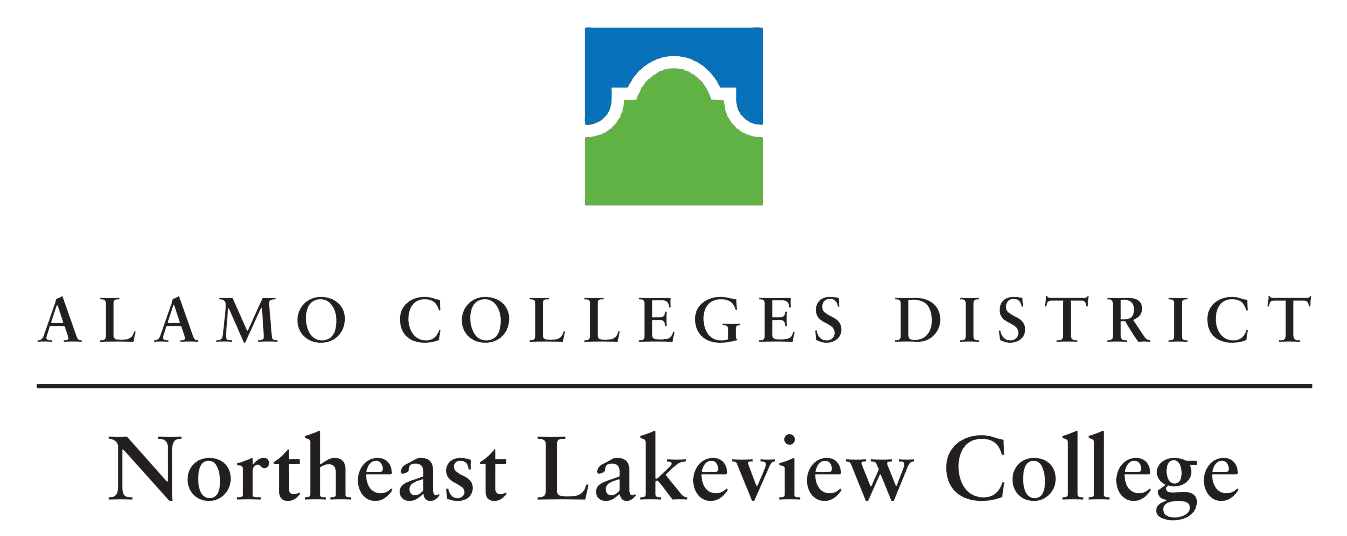
Northeast Lakeview College
Efficient Schedules to Achieve Sustained Growth
Laura Boyer, VP of Academic Success at Northeast Lakeview College, led efforts to address pandemic-impacted enrollment patterns by optimizing the institution’s schedule. Partnering with Ad Astra, the college achieved up to 90% fill rates and 12% growth in contact hours, balancing instructional costs with growth targets.

West Virginia Northern Community College
Using Data to Improve ROI
Jill Loveless, Vice President of Academic Affairs at West Virginia Northern Community College, prioritized data-driven scheduling to ensure students access the courses they need. By evaluating program sustainability, the college improved ROI and strengthened financial health through smarter scheduling.
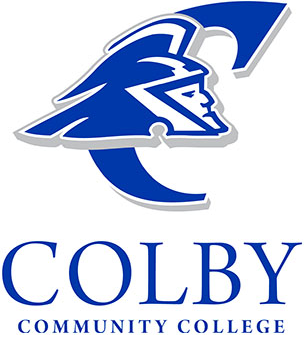
Colby Community College
Transforming scheduling for student success
Colby Community College is transforming student success through refined scheduling. By aligning course offerings to student needs, the college drives sustainability while improving outcomes, ensuring every student stays on track.

Lamar University
Accelerating Completions
Lamar University’s academic planning team is accelerating student success by creating clear paths to completion. Luis Arevalo, a chemical engineering student, is staying on track thanks to strategic planning that ensures timely progress toward his degree.
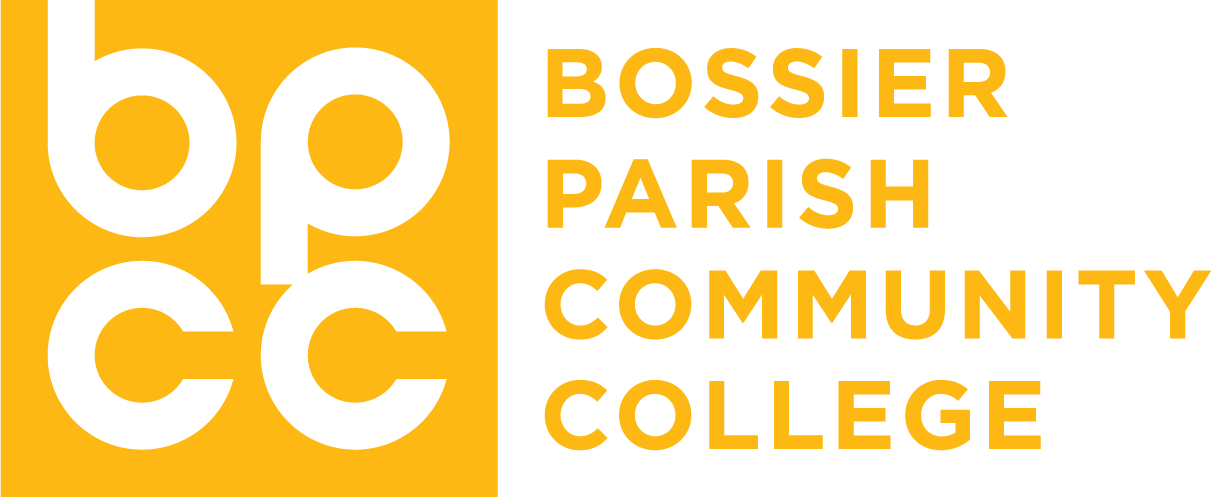
Bossier Parish Community College
Creating Schedules with Confidence
Bossier Parish Community College transformed its scheduling process with smart strategies that boosted both student success and institutional performance.

Northeast Lakeview College
Achieving Sustained Growth Through Efficiency
Northeast Lakeview College leveraged a data-driven approach to sustain enrollment growth. With Ad Astra’s scheduling solutions, the college achieved impressive results, including 90% fill rates and a 12% increase in contact hours, driving efficiency and success.

West Virginia Northern Community College
Course Scheduling Issues Solved
At West Virginia Northern Community College, last-minute cancellations and additions disrupted schedules and strained resources. Partnering with Ad Astra provided the data needed to evaluate program sustainability, streamline scheduling, and improve ROI for each class.

Lamar University
Accelerating Student Completions
Discover how Lamar University achieved something many universities haven’t been able to do: Multi-term scheduling centralized within their registrar’s office. But the story doesn’t end there.
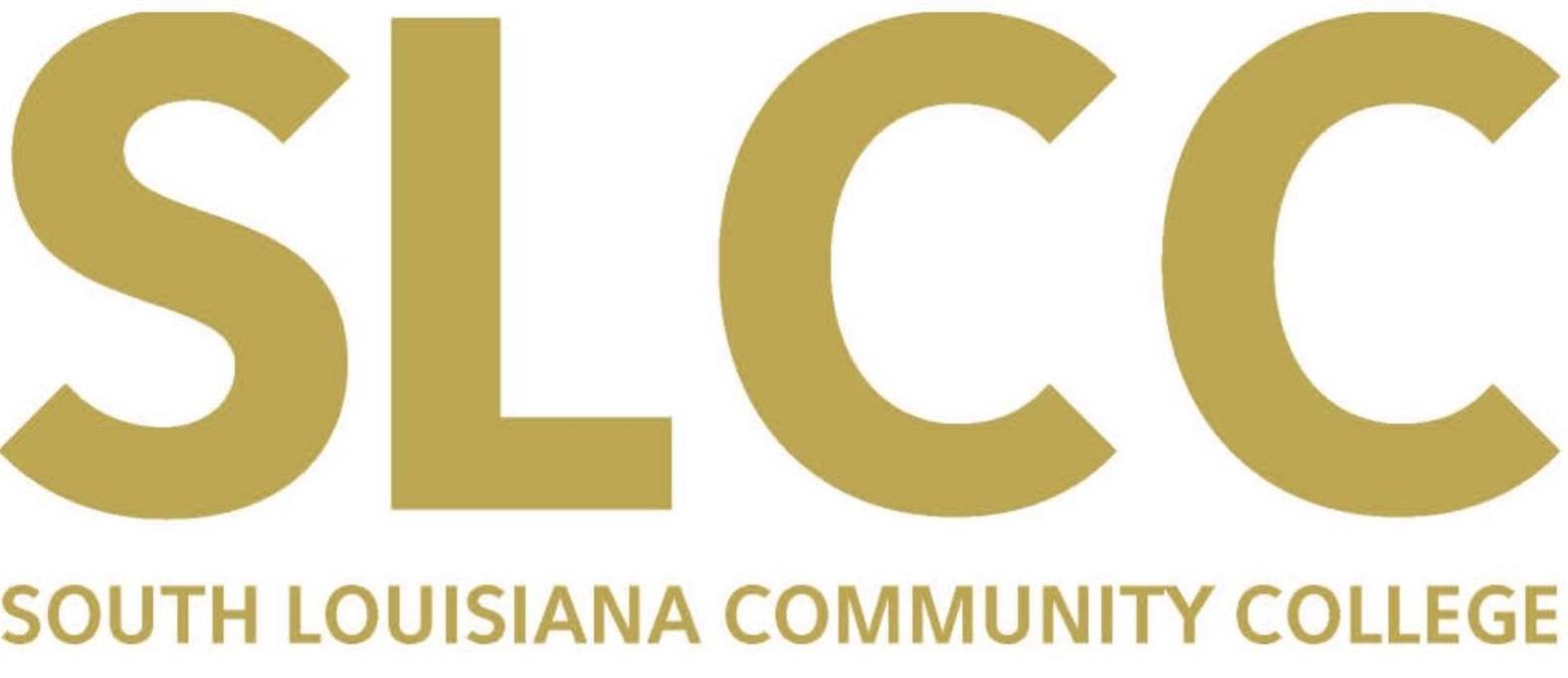
South Louisiana Community College
Streamlined Manual Processes to Improve Efficiency & ROI
South Louisiana Community College transformed its approach to scheduling by moving away from manual processes. By streamlining operations, SLCC improved efficiency, maximized ROI, and created schedules better aligned with student needs.

Western Kentucky University
Reallocation Lead to Savings
Western Kentucky University had to reallocate offices, classrooms, labs, and auditoriums during a three-week semester break. Astra Schedule powered fast rescheduling decisions and over three summer terms, WKU has savedmore than $350,000 in energy costs.

Western Kentucky University
Financial Health: A Success Story
When Western Kentucky University had to reallocate offices, classrooms, labs, and auditoriums during a three-week semester break due to a building shut down, Ad Astra powered fast rescheduling decisions. It ultimately helped the university achieve a six-figure savings.

Mohawk Valley Community College
Using Leading Metrics to Improve Time to Completion
Mohawk Valley Community College was concerned about the slowing rate at which students were progressing toward a degree. By partnering with Ad Astra to use leading metrics, MVCC's students take fewer unnecessary credits, further decreasing the time to degree and boosting scheduling efficiencies throughout the institution

University of Kentucky
Refine Academic Schedules
The University of Kentucky had to develop a plan in short order for handling a larger than expected freshman class. Ad Astra's strategies and scheduling intelligence helped refine academic schedules to accommodate new students, sections, and classroom assignments.

Guilford Technical College
Advance Student Outcomes
Guildford Technical Community College analyzed student data to inform the implementation of new practices and track institutional progress, to benefit student retention, success, and completion.

California State University
Increasing Graduation Rates Through Strategic Scheduling
When students can't enroll in the classes they need to graduate, changes must be made to ensure timely completions. Learn how California State University is making large strides to encourage timely graduations and using schedule changes to impact student success.
Utilizing the Course Schedule to Decrease Bottlenecks and Equity Gaps
As a recognized Hispanic Serving Institution, Texas A&M University – Corpus Christi has a history of Latino student success. They began to notice that general education bottlenecks were becoming a barrier to completion in this student population. In an effort to better serve students, they aligned their schedule with demographic needs and increased enrollments.
Annualized Scheduling Increases Hispanic Retention, Graduation, and Enrollments
When every department is scheduling classes, lack of communication can lead to resources lacking optimization. To combat fragmentation, Central New Mexico Community College centralized their scheduling process to ensure they were offering enough sections for all students to access needed courses. This has greatly impacted their Latino and Native American students.
Asian and African American Student Retention Increases Due to Scheduling Changes
When late-term cancellations began to impact students, Arapahoe Community College realized change was necessary to stand by their mission and support student success. After evaluating areas of opportunity within the course schedule, they were able to bolster student credit hour loads and retention, allowing this community college to serve its mission while decreasing equity gaps.
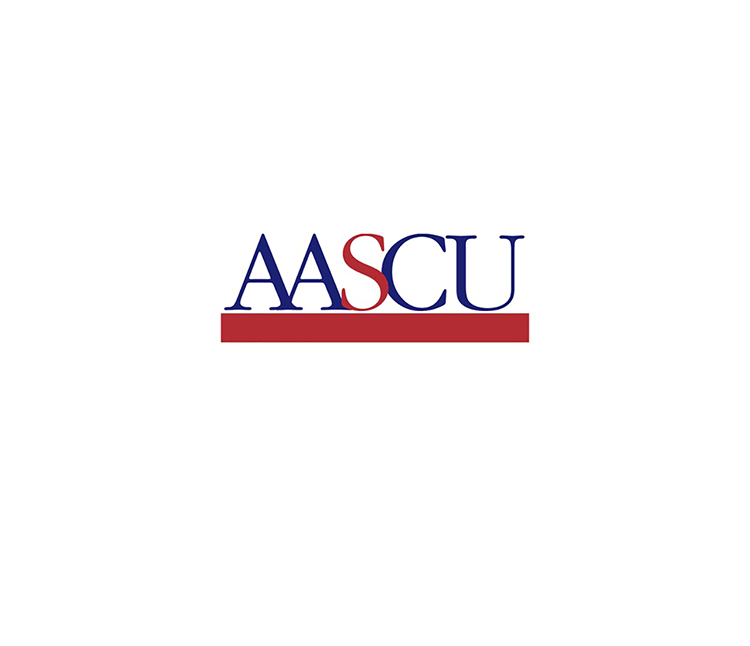
AASCU + Ad Astra
AASCU’s 400 member colleges and universities are committed to student access, success, and opportunity. Collectively, they serve nearly four million students, and enroll a significant portion of undergraduates who are first generation, Pell-eligible, or members of underrepresented minority groups. They are designed to be - and strive to be - engines for economic mobility. Learn how they use the schedule to drive change.
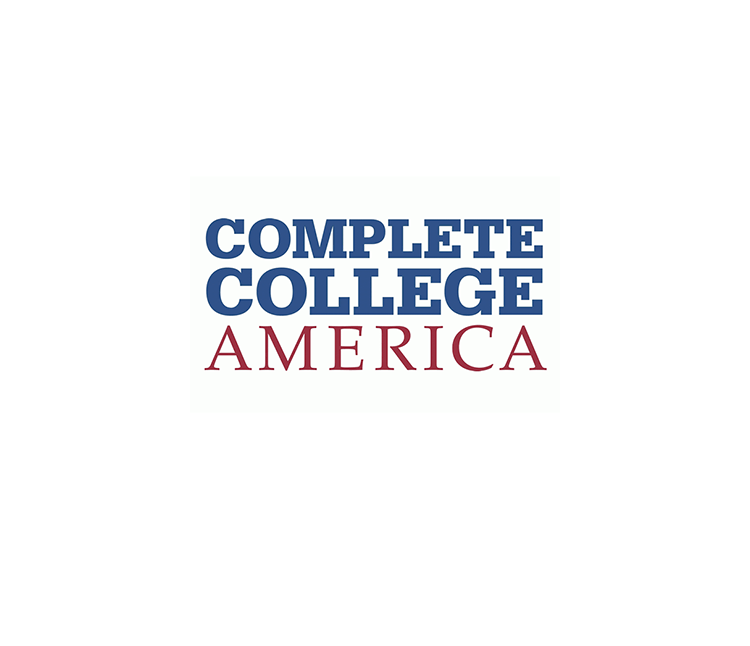
CCA Game Changers
Complete College America released a series of recommendations to increase retention and completion for community colleges. Needless to say, these recommendations are game changers. Learn how to bring each recommendation to fruition by operationalizing the tips. Do you require pathways intervention? Are you focusing on students in your momentum year? Learn how to put these practices into action.
Sign up to get new resources
Let’s begin our journey
Education is a journey. We set the course
Learn more about how Ad Astra can help your institution improve graduation rates, financial stability, and equitable outcomes.








.png?width=84&height=81&name=search%20(1).png)








